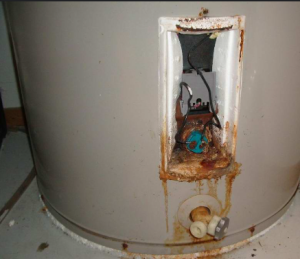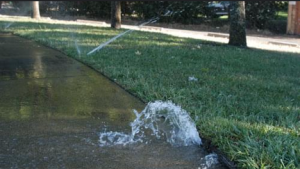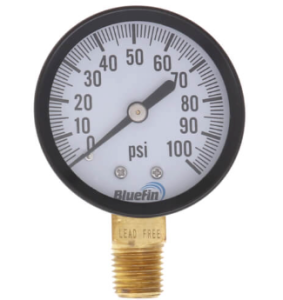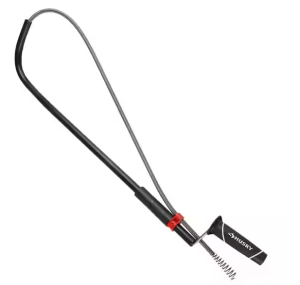Fall is right around the corner. This season brings colder temperatures and more time spent indoors.
Although, being inside makes you feel protected, it carries its own risks. Fall is the start of heating season. If the heating system isn’t properly maintained it could lead to smoke, fires, or Carbon Monoxide in your home.
Without regular testing of smoke and carbon monoxide detectors, you put your family in serious danger including death. Unfortunately, these life saving devices are often forgotten about.
Here at Landry Mechanical we want you to be comfortable and safe in your home.
Here is our guide on how to test smoke and carbon monoxide detectors.

How Often Should I Test My Smoke Detectors?
According to the U.S Fire Administration smoke detectors should be tested on a monthly basis.
However, other sources will tell you to check it twice per year.
Usually, we recommend checking your smoke detectors at the beginning of Spring and the Beginning of Fall.
This helps ensure your smoke detectors are running properly year round without having to check every month.

How to Test my Smoke Detectors?
To test your smoke detectors you’ll first need to find where they are in the home.
According to the National Fire Protection Association you should have a smoke detector on every level of your home. Additionally, they are often located outside of bedrooms.
First, you’ll need to grab a stool or chair to stand on. Make sure the chair is stable and is capable of supporting your weight.
Next, press the test button to sound the alarm. Afterwards, take of the smoke detector cover and check the battery connection.
If there is corrosion on the battery contacts it means you need a new smoke detector.
Finally, if the alarm doesn’t sound when you press test it also means it’s time for a new smoke detector.
Luckily, Landry Mechanical’s Electrical experts are hear to help with smoke detector installation.

How Often Should I Test My Carbon Monoxide Detectors?
Just like smoke detectors, Carbon Monoxide (CO) detectors should be tested on a monthly basis. However, twice a year works well too since CO detector batteries usually last 6 months on average.
According to mass.gov, you are required to have a CO detector on every level of your home that features a living space (Living room, den etc.).

How to Test My Carbon Monoxide Detectors?
Once you find the CO detectors, hold down the test button until you hear the alarm or beeping.
If the alarm doesn’t sound, or you notice physical damage to the unit, it’s probably time for a replacement.
Our team at Landry Mechanical Inc Plumbing HVAC & Electric offers prompt and reliable carbon monoxide detector replacement services.
That way, your detectors are always in optimal working condition.
Conclusion
Smoke and Carbon Monoxide alarms prevent injury, death, and keep your home safe. These detectors are usually reliable, but don’t last indefinitely.
That’s why the Electrical Experts at Landry Mechanical are here to help.
From detector installation to routine safety checks “We Take COMFORT in YOUR comfort!”




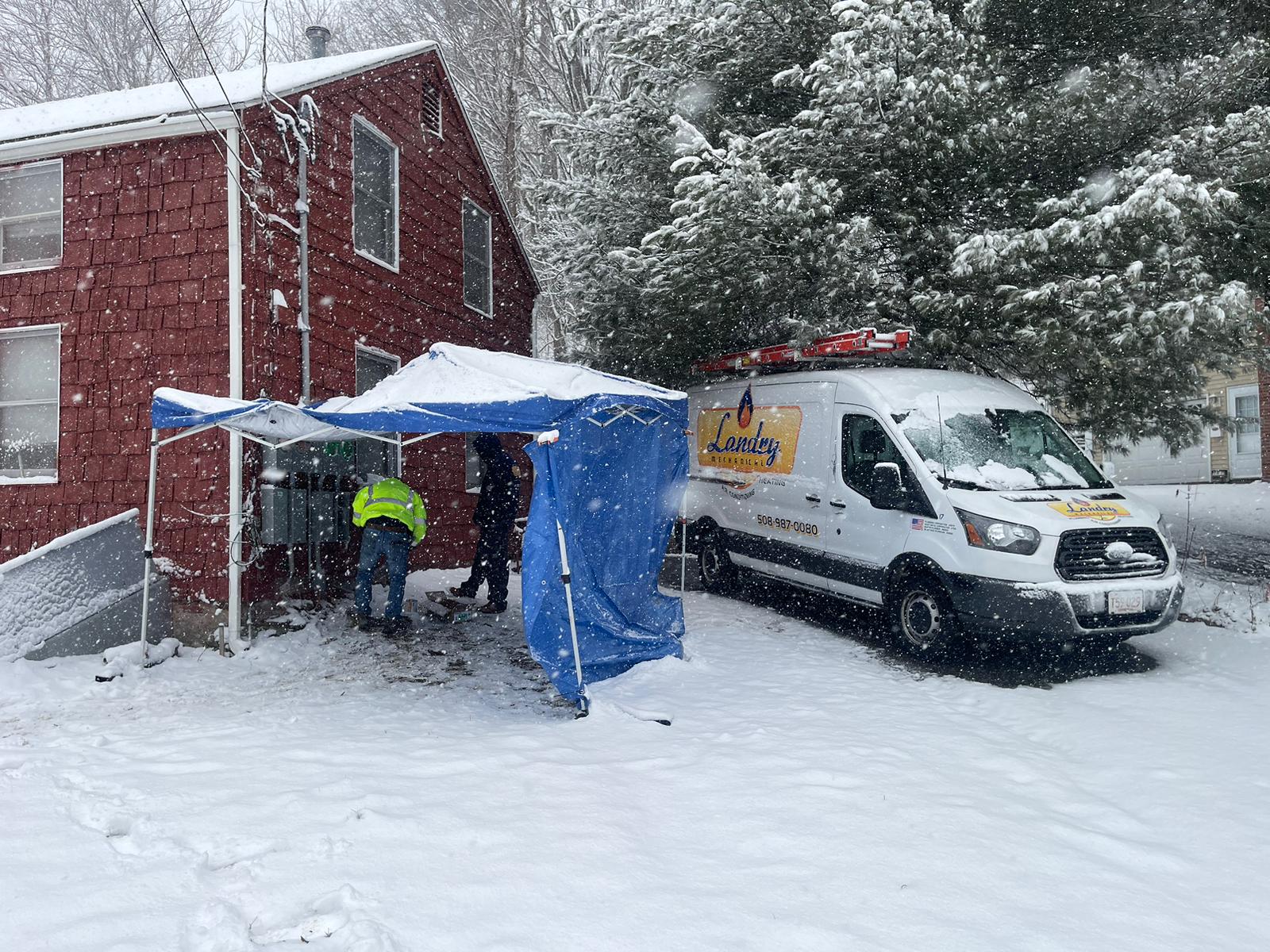

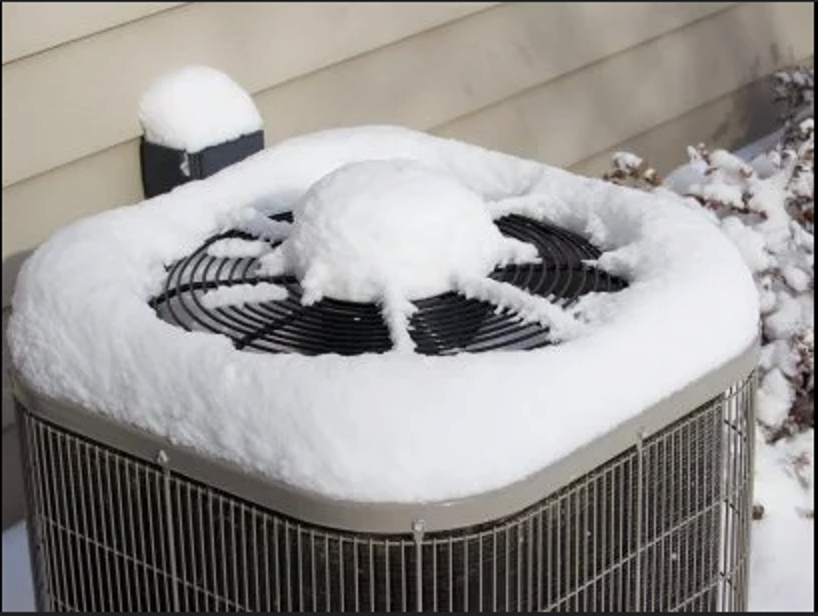
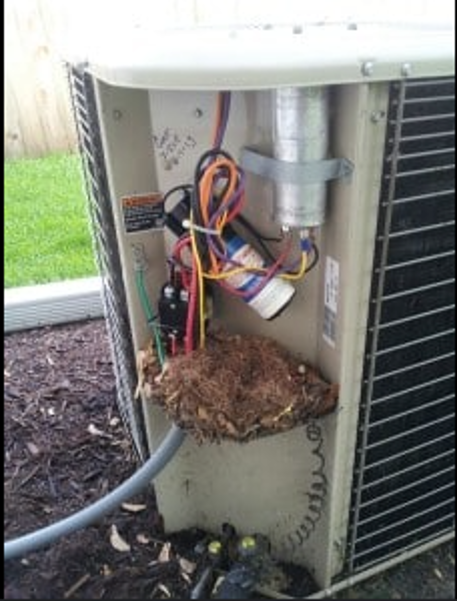
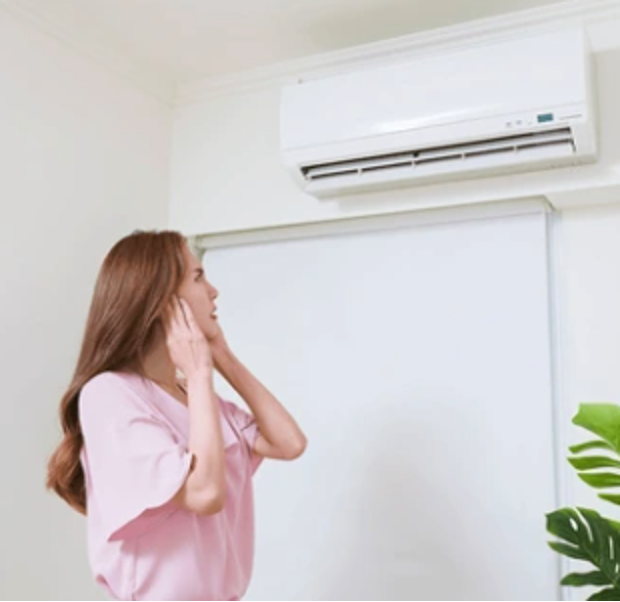
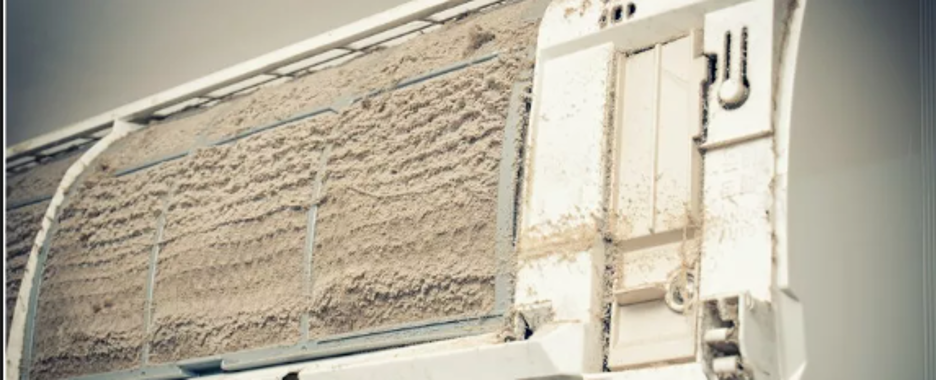
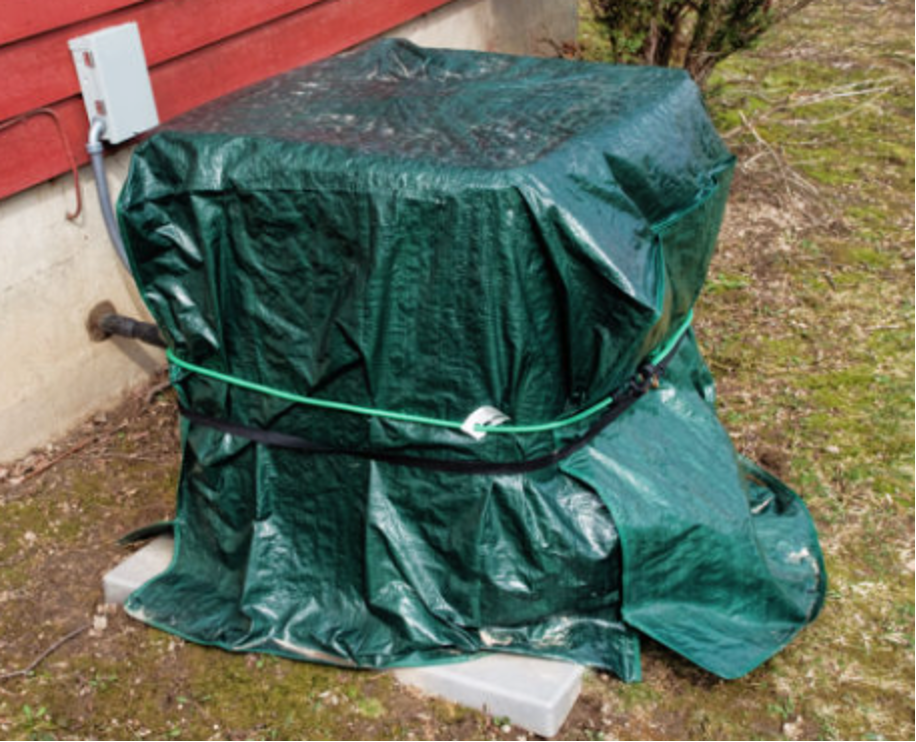

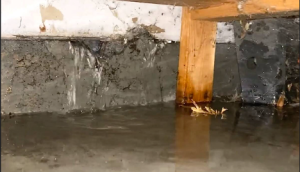
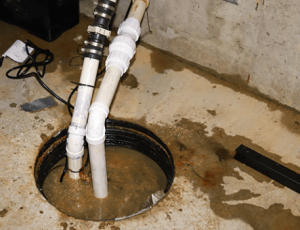
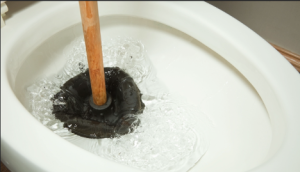 .
.